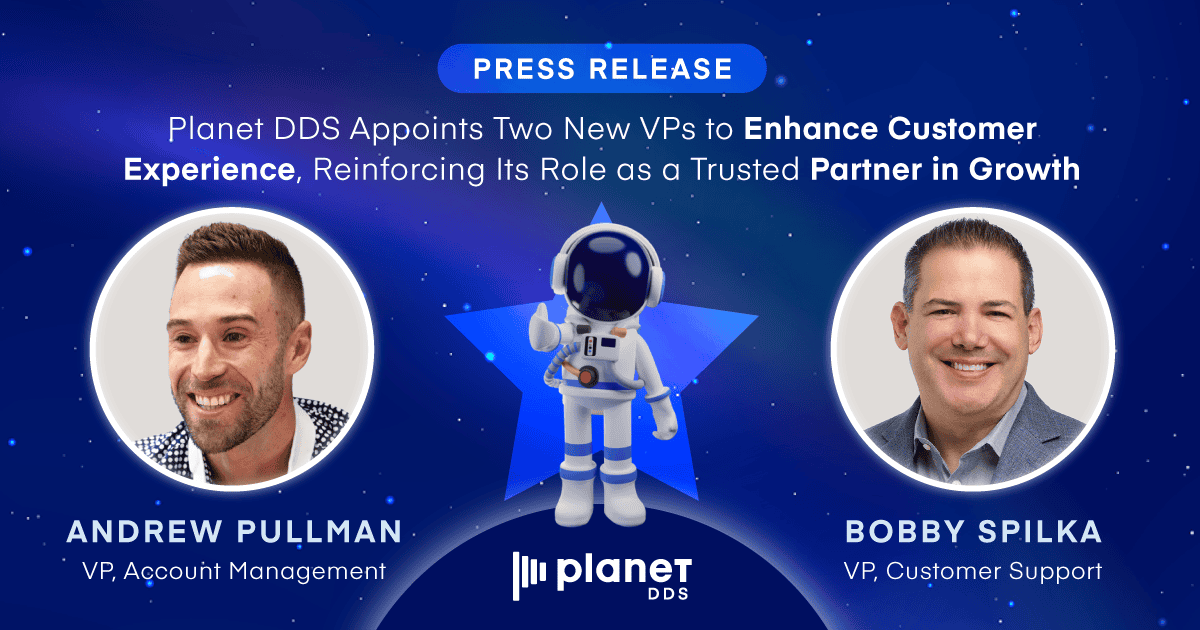Say “Yes” to Digital Marketing for Your Practice

By Dr. Greg Grillo
Although the 90s don’t seem too far back, online marketing didn’t exist until the decade emerged. The first clickable banner went up in 1993, Yahoo showed up the following year, and 1998 ushered in a beta version of Google. After traffic blew past six billion monthly searches in 2006, life’s never been the same. Over the last twenty years, internet usage has grown 1,266% .
Millennials can’t imagine a world without a smartphone, and the rest of us aren’t far behind. We’re so connected that researchers now conduct systematic reviews of musculoskeletal disorders related to mobile device usage. We spend a lot of our lives in the digital space, which is why our healthcare practices must be there, too.
Does It Really Matter?
Digital marketing covers a lot of ground. The components stretch as far as the eye can see, driven by complex algorithms and sophisticated software. In some ways, it’s the Wild West where anyone who knows how to create a Facebook post feels qualified to hang out a marketing shingle. And many of us have had unpleasant or disappointing experiences with agencies and vendors; it sometimes feels easier to pretend we don’t need to worry about it, or we can just do it ourselves.
But a firm embrace of digital marketing keeps us relevant with Millennials and helps secure loyalty from Gen Xers. Even Baby Boomers spend 15 hours online every week, and 96% of them use search engines . The bottom line is that everyone expects to find us everywhere when they’re online.
An Eye-Opening Conversation
Recently, I worked on a startup project run by a Millennial-aged entrepreneur with an MBA and Masters in mathematics. She shared a spreadsheet with me of 500 dentists in her region. One column classified practitioners as “old school.” Her project, which every dentist could use, eliminated dentists judged to be digitally naive (her words). As I curiously dove into her team’s criteria, I realized that we need comprehensive, relevant marketing tools to avoid being judged as “old school” by her generation.
This is serious business, and consumers think so, too.
How Hard Can It Really Be?
In the early days, a decent website staked out our online real estate. The components of an engaging website have changed significantly over the years, and the underlying technology has grown exponentially. Moore’s Law has held for 50 years and transformed our lives faster than we comprehend. In a nutshell, the 1970 law stated that processing speed doubles every two years and pulls along other technologies. But research also shows that humans don’t adapt to these changes at the same speed. And that may explain why we sometimes struggle to adopt new digital tools, including marketing strategies.
And change leads to even more change–just when you think you’ve optimized your new site for Google, they change their SEO algorithm again. Those updates take place 500-600 times every year , and a handful of them rock the boat enough to require expert attention from our IT teams.
So, is digital marketing a little hard to absorb? For some of us, yes. But the initial step is to admit we need help. That isn’t much different than our patients when they finally book an appointment after thinking about it for the past five years. Embracing a strategy is a little easier when we accept a simple fact: Google and Facebook generate more revenue than any traditional media company because that’s where people live. The average person spends 11 hours every day consuming electronic media . Shouldn’t our practices be there, too?
If that’s not enough, these three challenges should help us act now:
Challenge #1: Innovative practices have a strategy, and they’re nearby
The way patients find healthcare providers continues to evolve, and Google search data sheds light on the pattern. “Chiropractor near me” searches began in 2012, but they’ve grown dramatically over the years. And about one-third of all searches are location-based , and they’re made from a mobile device half the time. If we don’t have a strategy that puts us into the local search mix, we don’t even get a chance to show a prospective patient the rest of our practice.
Challenge #2: Excellence rules, but only if you show up everywhere
There’s no substitute for the best healthcare experience in town. Warm towels, a comfortable visit, and a stellar team are critical to long-term success. But if we get lost online, fewer patients experience our excellence. Books that aren’t on the shelf don’t get read regardless of how well they’re written. Our story doesn’t get told like it should if we’re not in the online realm. A digital strategy helps put our brand and our unique characteristics out where patients can research and learn about us. From well-worded ads to websites to reviews, the pieces need to tell people the whole story.
Challenge #3: This isn’t retail, but patients still have choices
Most purchases involve many choices, especially one-time purchases in retail. Look for a Bluetooth speaker on Amazon, and you’ll find over 2000 results. We face competition for attention in healthcare, too. While more optometrists are expected to enter the market over the next few years, patient demand should remain strong as they seek out the best providers.
Remember, we’re looking for a long-term relationship, not a one-time purchase. That connection underscores the importance of establishing a predictable, relatable digital connection with patients. And it should allow them to move seamlessly between your physical and digital brand without seeing a difference.
Without a Digital Strategy, We’re Missing Chapters in Our Story
Across all sizes, 70% of companies have a digital strategy , including healthcare practices. And 27% of companies believe this commitment is a matter of survival. In our professions, the need for our services isn’t going away. But there are many of us competing for the same eyeballs: 350,000 massage therapists, 200,000 dentists, 120,000 physical therapists, 70,000 chiropractors, and 40,000 optometrists, for starters. A digital strategy helps us tell our unique story in the territory that people use to learn about us.
Get help getting found on Google and beyond–tap into 20+ years of digital healthcare marketing experience at Legwork to learn how you can leverage these tools to grow your practice.
[dr_grillo_bio]



